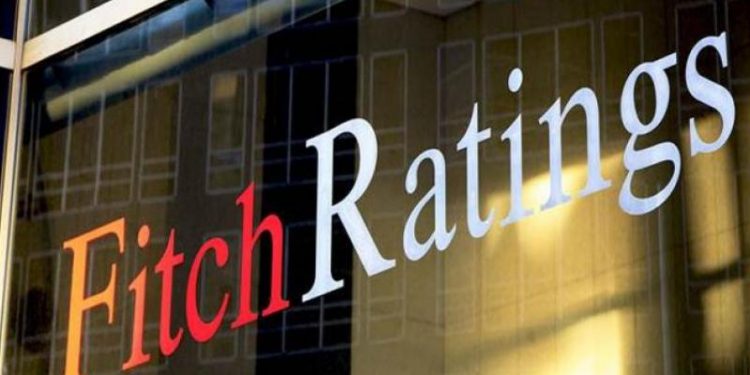New Delhi: Fitch Ratings Wednesday said the potential privatisation of BPCL is an ‘event risk’ as there is little information about bidders and potential transaction structure.
The rating agency affirmed Bharat Petroleum Corporation Ltd’s (BPCL) long-term foreign-currency issuer default rating (IDR) at ‘BBB-‘. The outlook is ‘Negative’.
“Fitch equalises BPCL’s rating with that of its largest shareholder, the India sovereign (BBB-/Negative)…due to the strong likelihood of government support,” it said.
The rating incorporates weak petroleum product demand and gross refining margins (GRMs) in the near term, followed by a gradual recovery and strong marketing margins, reflecting BPCL’s ability to reap some benefits from low oil prices in its marketing segment, without a full cost pass-through to consumers.
However, the improvement is subject to risks of weak industry conditions persisting beyond baseline scenario, or capex or shareholder returns that are higher-than-expected.
“We continue to treat the potential divestment of BPCL by the Indian state as an event risk, as there is little information about bidders, valuation, and the potential transaction structure, especially as BPCL owns assets across many verticals and bidders may not be interested in all of them,” Fitch said.
The deadline of September 30, 2020 for the submission of expressions of interest has been extended thrice since the initial announcement in November 2019.
“The slow progress has been due to a near halt in international travel to India and a generally cautious investment approach by most entities in current market conditions, in our view,” it said, adding it will monitor developments and consider suitable rating action if the sale progresses.
While the government is selling its entire 52.98 per cent stake in BPCL, it intends to sell the firm’s 61.7 per cent owned subsidiary, Numaligarh Refinery Ltd (NRL), to another state-owned enterprise as part of BPCL’s divestment process.
NRL has negligible debt, although the refinery contributes 6-8 per cent of BPCL’s throughput and generates better GRMs than BPCL’s other refineries given its higher complexity and tax benefits, contributing 18 per cent of BPCL’s EBITDA.
The valuation at which NRL is sold will determine the credit impact on BPCL, should NRL’s sale proceeds be used to reduce debt at BPCL.
“However, BPCL’s credit metrics could slightly weaken if it pays out NRL’s sale proceeds as dividends,” it said.
Fitch expects BPCL’s marketing and refining volumes to fall by around 18 per cent in FY21, before recovering in FY22, driven by expectations of a gradual economic recovery beyond 1HFY21.
“We expect the continued spread of the coronavirus to hinder mobility and economic activity, keeping fuel sales below pre-pandemic levels in the near term. Demand for petroleum products in India recovered sharply in April-June 2020, but fell after that due to re-imposition of restrictions in certain cities, slower industrial activity, flooding in some regions, and the pandemic’s spread,” it said.
The rating agency expects BPCL’s GRMs to fall to USD 1.5 per barrel during FY21 from USD 2.5 in FY20 and USD 4.6 in FY19, given subdued demand and weak gasoline and diesel cracks.
“We expect GRMs to rise to around USD 3.75 per barrel in FY22 and USD 5 in FY23 as the economy recovers, but they will remain well below the peak margins of USD 6-7 in FY16-FY18 when crude oil prices were at a low,” it said.
The 44 per cent and 69 per cent rise in excise duty rate on petrol and diesel, respectively, in May 2020 will also support the NRL refinery’s GRM, given the 50 per cent excise duty exemption that it enjoys.
Fitch expects BPCL’s FY21 marketing margins to be around Rs 1.5 per litre higher than in FY20.
BPCL’s capex is expected to reach Rs 8,000 crore in FY21 and Rs 10,000 crore annually from FY22.
BPCL has a 15 per cent share in India’s refining capacity and a 23 per cent share of India’s fuel retail outlets.
(PTI)






































